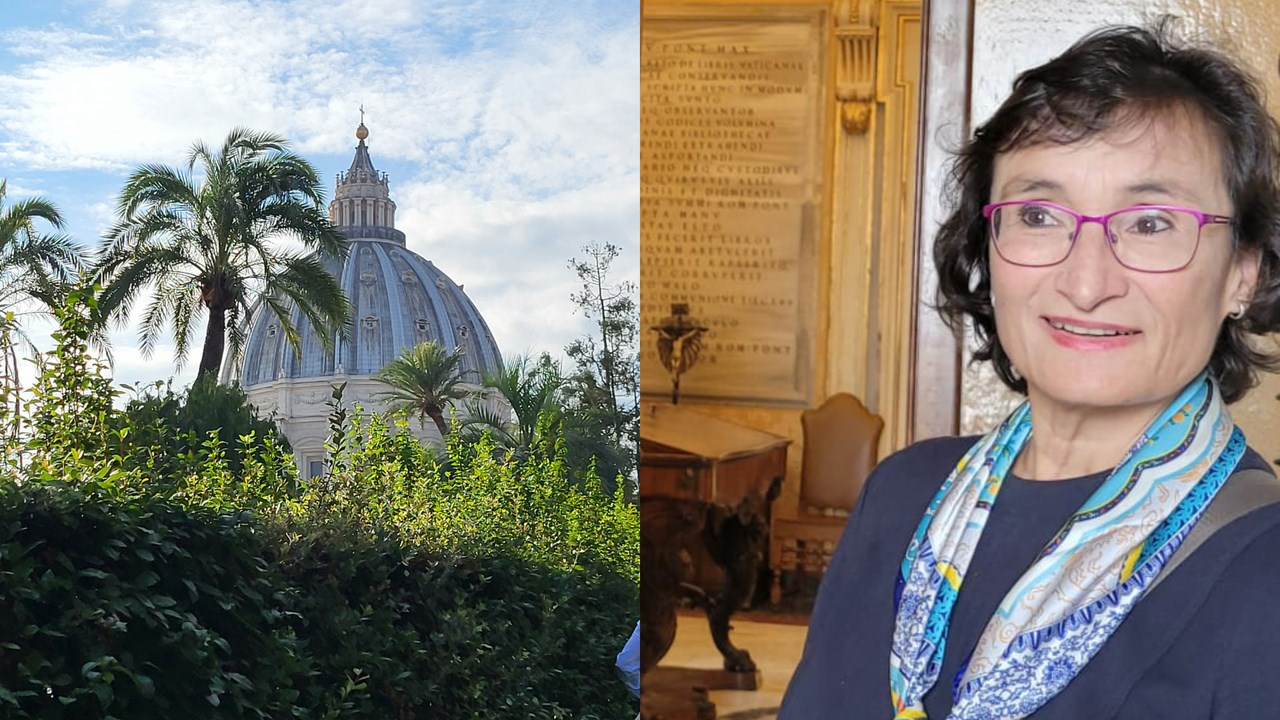About the Pontefikal (Papal) Academy of Science
The Academy consists of 80 members appointed for life by that Pope. One of them is Emmanuelle Charpentier, Nobel Laureate and Honorary Doctor at Umeå University. The members are chosen from among the most prominent scientists and researchers in the mathematical and experimental sciences of all countries in the world, without any form of ethnic or religious discrimination. 36 countries are currently represented.


